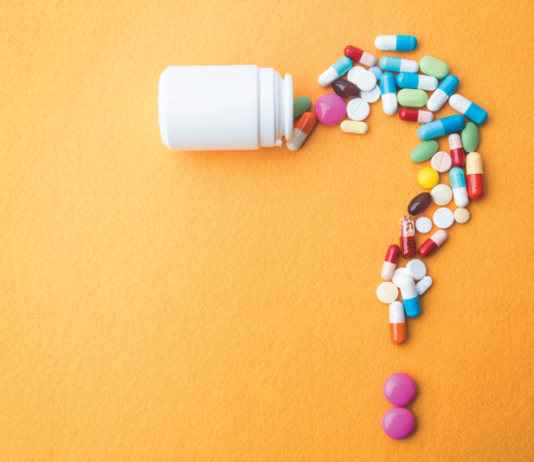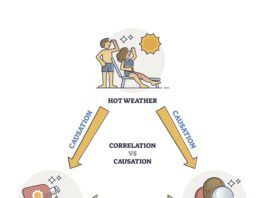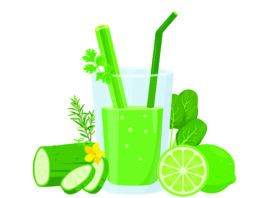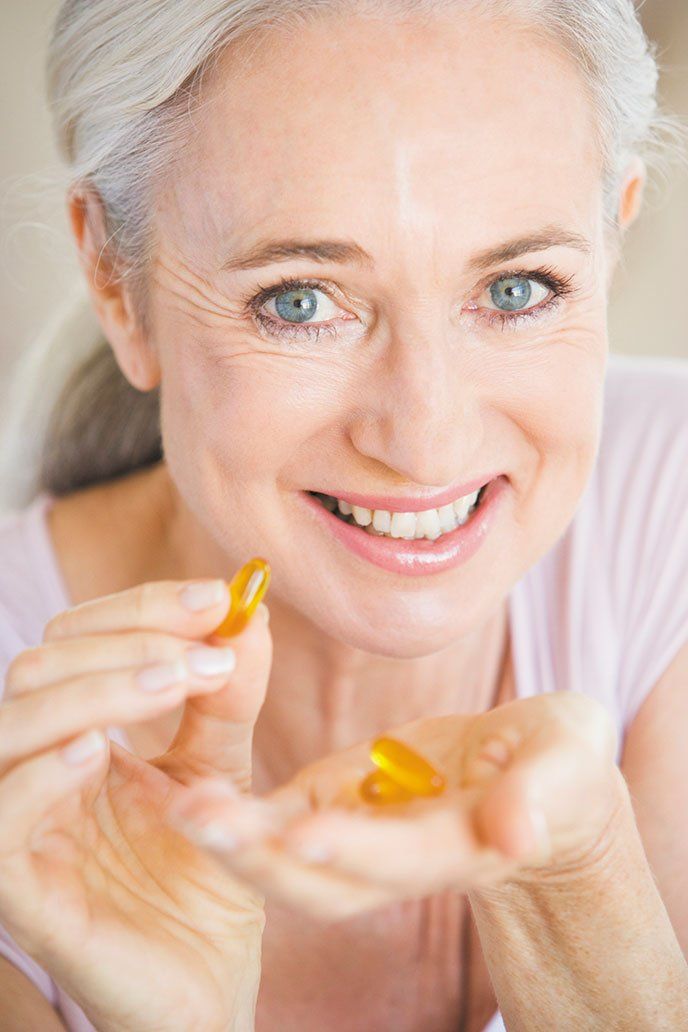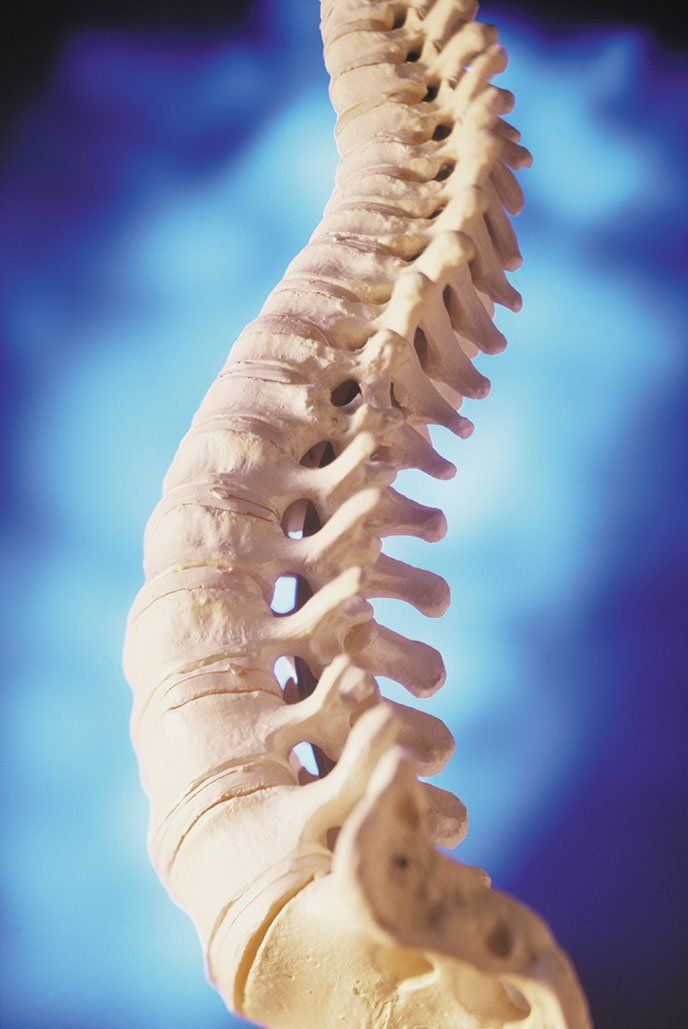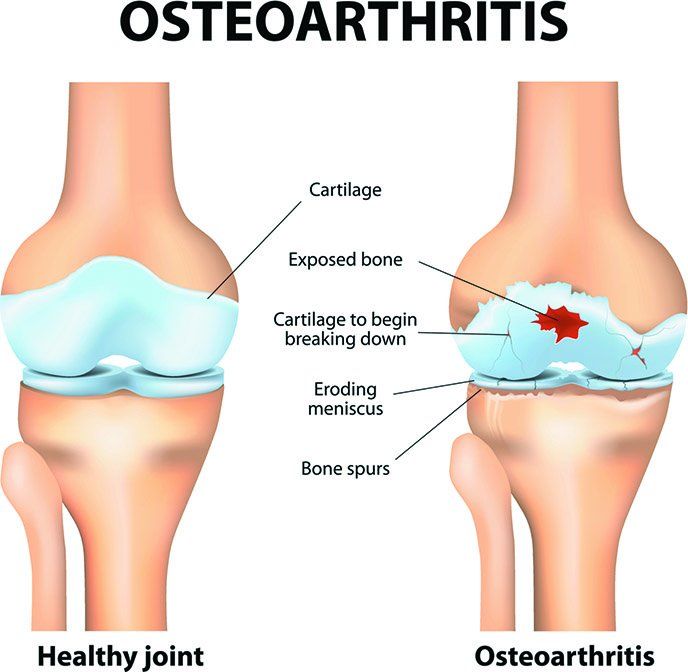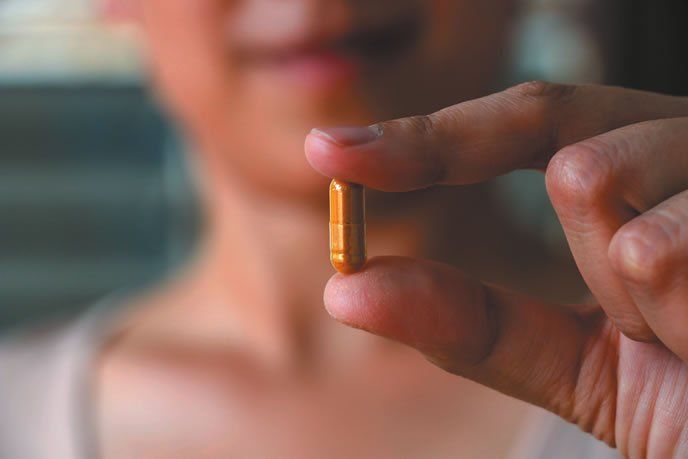Studies Challenge Bone Benefits of Extra Calcium
Older adults whove been loading up on calcium - either in their diets or in supplement form - to protect their bones recently got a shock on the nightly news: Extra calcium, according to two new headline-making reviews published in BMJ, was not associated with meaningful benefits for improving bone density or reducing fracture risk.
Fish-Oil Supplements Fail to Prevent Mental Decline
As a regular reader of this newsletter, you know to pay attention when a five-year clinical trial with more than 3,000 participants reports no benefits from omega-3 supplements against cognitive decline. Such a study - one of the largest and longest of its kind - would seem to slam the door on hopes for brain benefits of fish-oil pills. But before you go searching for the receipt on the last batch of omega-3 supplements you bought, Tufts experts have a couple of caveats.
Q. Is it possible to get too much potassium? Are there some drugs that...
Q. Is it possible to get too much potassium? Are there some drugs that cause you to retain potassium?
Q. I keep seeing ads during the nightly news for a supplement containing a...
Q. I keep seeing ads during the nightly news for a supplement containing a protein originally found in jellyfish thats supposed to protect your memory. Could this really work?
Higher Vitamin D Fails to Boost Bone Health
Vitamin D, which some reports have credited with near-magical powers against everything from cardiovascular disease to dementia, increasingly seems to be just another nutrient-important to get enough, but offering little advantage from extra. Now a new study suggests that even where vitamin Ds benefits are clearly established-as a partner to calcium in building strong bones-its effects are limited: More vitamin D, beyond recommended intakes, is not necessarily better for your bones.
Low Vitamin D Linked to Arthritis Risk
Heres another reason to make sure youre getting enough vitamin D: A recent Tufts study suggests that vitamin D deficiency may be associated with greater risk of osteoarthritis (OA) of the knee. Compared to those with adequate blood levels of vitamin D, participants low in the sunshine vitamin were twice as likely to experience worsening of knee osteoarthritis. Those deficient in vitamin D as well as a hormone involved in metabolizing the vitamin were at triple the risk.
Q. I understand that it is healthier to get calcium from food rather than...
Q. I understand that it is healthier to get calcium from food rather than supplements. Does the calcium added to almond milk count as a food or a supplement? Is there any risk of getting too much in this form?
Should You Take a Multivitamin?
Since the early 1940s, when multivitamin/mineral supplements first became available, Americans have popped countless such pills in hopes of nutritional insurance and making up for any dietary shortfalls. Today, more than one-third of all Americans take a multivitamin, and multivitamins alone account for more than 40% of all vitamin and mineral supplement sales-an estimated $5.4 billion annually. Yet the scientific evidence for the benefits of multivitamins is mixed at best, with large recent studies reporting no association between usage and better cardiovascular or cognitive health and only modest cancer protection.
Supplement Disclaimers Make Little Impact
Consumers mostly ignore disclaimers on dietary supplements and erroneously believe the government warrants such products to be safe and effective, according to a review of 11 studies on the subject. Most products sold under the 1994 Dietary Supplement Health and Education Act (DSHEA) carry a small-print notice about their claims such as, This statement has not been evaluated by the Food and Drug Administration. This product is not intended to diagnose, treat, cure, or prevent any disease. Under DSHEA, so-called dietary supplements are regulated differently than medicines or drugs, with the manufacturer and not the FDA responsible for safety and effectiveness. But the recent review, published in Health Affairs, found many consumers unaware of that distinction and unaffected by disclaimers.Overall, consumers either failed to notice the disclaimers or reported that the notices did not change their view of the product. There was little difference in consumer perceptions in random tests of products with or without a disclaimer. Many continued to believe the FDA had evaluated the product even after being shown a disclaimer to the contrary. In surveys, a similar disconnect was found. The largest survey, of 3,500 adults, found that 48.8% of self-identified supplement users and 45% of non-users agreed with the incorrect statement, Appetite suppressants, herbal products, and weight loss supplements must be approved for efficacy, or effectiveness, by a government agency like the FDA before they can be sold to the public.For more on such products, see our April Special Supplement.
Q. Is vitamin K lost when a food is cooked or frozen?
Q. Is vitamin K lost when a food is cooked or frozen?





















